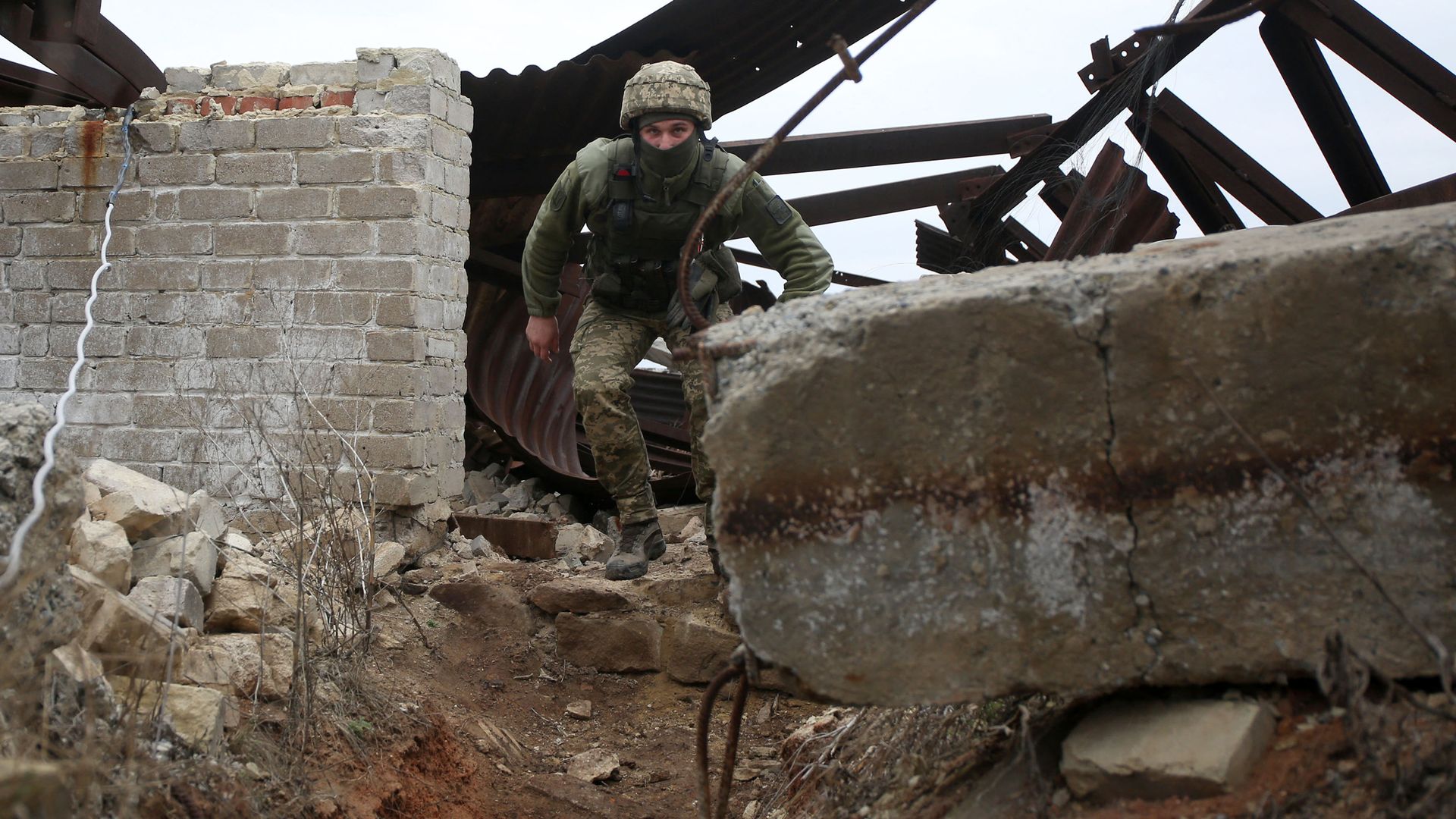Moscow, March 2009: I’m interviewing Michael Gorbachev – or “Gorbi”, as Germans call him, affectionately. He’s hugely popular in Germany, whereas most of his fellow countrymen loathe and blame him for the collapse of the mighty Soviet Union and the economic downfall of Russia.
Gorbachev asks which part of Berlin I’m from originally – East or West. I reply, “Actually, I’m from Bonn, full West.” I remember him smiling and saying: “You aren’t one of our Germans, then. You see, in the Soviet Union we used to distinguish between ‘our Germans’ and ‘not our Germans’.”
Does Vladimir Putin (a former KGB agent in Dresden) chuckle at the thought of “his” Germans today, I wonder? Not that he is particularly liked (or his practice to have FSB-hitman shoot adversaries at point-blank range in broad daylight in central Berlin). But what Putin can absolutely rely upon is that the German political elite is hesitant if not outright unwilling to join forces, quite literally, with our Western allies to secure stability and peace.
The Russian president has amassed more than 100,000 troops plus tanks at the border with Ukraine. Russia has a modernised military force with aircraft, radar, precision strike missiles and recent combat experience in Syria. Ukraine doesn’t.
But despite Ukraine’s pleas for help, German chancellor Olaf Scholz is trying to avoid the subject. He recently managed a meagre “everything is up for discussion if there is a military intervention against Ukraine.”
Yet members of his governing SPD label those who demand support for Ukraine as sabre-rattling and warmongering. They refer to – no, not Gazprom-lobbyist and former chancellor Gerhard Schröder – but to the famous Ostpolitik (Eastern policy) of Willy Brandt and Helmut Schmidt, the détente towards the Soviet Union that smoothed the way for commercial relations and political dialogue.
What today’s Social Democrats seems to have forgotten is that this Cold War détente was made possible because it was backed by deterrence: hundreds of thousands of American and British troops stationed in WestGermany for half a century.
Deterrence does not seem to be in the German political playbook, though – and it is hard to overstate how much this is weakening a joint Nato approach. The UK, Canada, the US, France, Poland, the Balts, the Czechs – they all send or intend to send defensive weaponry and troops to help train the Ukrainian armed forces. Germany sends a field hospital. Does this only sound cynical to me?
At least the head of the German navy was sacked over the weekend after a video of him playing down Russia’s aggression and burbling about a Christian alliance against China surfaced on Twitter.
Interestingly it’s the Green Party which has been most outspoken in regard to Russian human rights infringements and breach of International law. Green foreign minister Annalena Baerback stood her ground last week next to her Russian counterpart Sergey Lavrov. But when her co-chairman suggested supporting military self-defence in Ukraine last year he was immediately shut down by political pushback from all parties. Popular opinion not being on his side either, he toned his proposal down to night vision devices and ambulances. Tovarish Putin will be impressed.
And the right wing? Equally undeterring. Many aim for a long-term solution with Russia (Germany is Russia’s second-largest trade partner, only second to China), which would of course be great – if only there wasn’t the short-term threat of yet another invasion to a sovereign European state by a Russian aggressor.
Still, the new head of the CDU, Friedrich Merz, called the idea of sanctions such as excluding Russia from the global financial interchange system Swift an “atomic bomb for the capital markets” and said: “Let’s not touch Swift” (cue satisfied nodding in the Kremlin). Bavarian CSU-leader Söder stated that such new sanctions would hit us – the Germans – as well, so let’s not escalate.
Doveish behaviour? Please don’t insult the doves. The roots of Germany’s reluctance to become involved in an international military effort – if only to deter – can of course be traced to 20th Century history, aggressive German militarism and the atrocities that followed, particularly in the East. In Russia. And in Ukraine.
But, to quote Russia expert Anne Applebaum: “Maybe it is time for Germans (and others) to work out that if you are ‘anti-war’, you should help Ukraine deter Russia. Refusal to do so is, in practice, ‘pro-war’. It increases the chance of invasion.”




